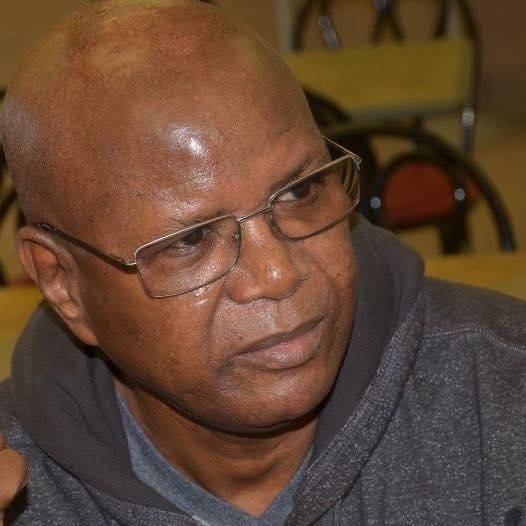Mal-administration In The LG Councils – A Reflection Of The Barrow Administration?

By D. A. Jawo
The ongoing Commission of Inquiry into the Local Government Councils is making quite interesting revelations of fraud and blatant mal-administration within the councils, which also seems to be a reflection of what obtains in the administration in general.
However, while it would be unfair to heap all the blame of the widespread fraud and mal-administration that had been the hallmark of the local government councils to the Barrow administration because it had been the norm for quite a long time, but as this administration came to power more than seven years ago with the promise to reform the system and bring some fiscal sanity within the administration, from what we are hearing from the commission’s proceedings, the situation seems to have gotten worse since 2017. There is however no doubt that the situation in the councils is a microcosm of the entire administration, which seems to be a clear manifestation of the level of corruption prevailing within the system.
From what we have heard so far, apart from the councils themselves being the bedrock of corruption and mal-administration, the other institutions that have come out quite poorly from the inquiry had been the Ministry of Lands and Regional Governments, the so-called ‘independent’ Local Government Service Commission and of course the Gambia Public Procurement Authority (GPPA), which seems to come out the worse.
The Ministry, instead of effectively playing its role as the policy arm of the local councils, was not only trying to directly micro-manage them, but it had also been usurping the role and powers of the Local Government Service Commission, thus making that commission quite irrelevant and ineffective.
With regards to the GPPA, the proceedings have revealed that it is a toothless bulldog which lacked the will and stamina to enforce its own rules and regulations. Therefore, it was not surprising that the local councils virtually disregarded all the GPPA regulations and continued to do their own thing, knowing fully well that there would be no consequences.
However, while it was quite obvious that the initial objectives of setting up of the commission was to expose the endemic corruption alleged to have been prevalent in the area councils and municipalities, controlled mainly by the opposition United Democratic Party, no doubt to adversely affect them during the local government elections, but it seems to have had a boomerang effect on the central government itself. We have so far seen that only the government institutions and those individuals directly employed and posted by the central government to the councils had been the ones involved in the alleged corruption. So far, it appears that the elected officials have not directly featured in the blatant fraud and mal-administration.
However, it would be hard to see how long the mayors and chairpersons would be completely exonerated from the blatant mal-administration clearly evident in the management of the various councils when they were supposed to have been in charge of policy direction and administration of their councils.
The Commission’s revelations are a clear indication that there is an urgent need to reform the Local Government Act and address the present untenable situation that exists within the councils where the elected officials have absolutely no control over the staff appointed by the central government. Obviously, if the mayors/chairpersons, who are supposed to be the chief executives of the councils have no hand in the recruitment and control of the senior staff of their councils, then there cannot be any effective administration and accountability. Therefore, there appears to be a need for more devolution of power from the central government to the local councils and give them more control over matters pertaining to their areas of competence.
Presently, the councils are denied control of areas and things that should have been directly under their purview and other state institutions have instead been allowed to usurp most of those powers and responsibilities that should have been exercised by the councils. A good case in point is a recent decision by the National Roads Authority (NRA) to arbitrarily cut down trees along the Serekunda/Banjul Highway without consultations with the KMC, in whose jurisdiction that area is, and in contrast with the efforts of the Council to beautify the place by planting flowers and trees along the highway, which is also in complete contravention of the provisions of the Gambia Environmental Action Plan (GEAP).
It is quite sad that instead of complementing each other, the central government and the local councils seem to be competing for control of the scarce resources at their disposal, which is certainly not in the interest of the people that they both claim to serve. It would have made quite a lot of sense if President Adama Barrow held a meeting with the elected mayors/chairpersons immediately after the mayoral elections so that they would discuss areas of cooperation between the two tiers of governance, rather than continuing to treat each other as adversaries. As the head of state, we expect President Barrow to initiate such a meeting, and there is no doubt that the mayors/chairpersons would respond quite positively.

